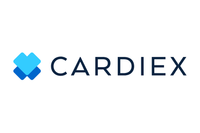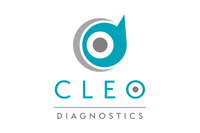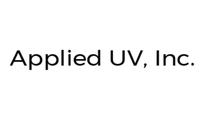Trends include advances in DIY healthcare and in mobile medical apps, as well as increased challenges in balancing patient privacy and convenience.
In December 2014, PricewaterhouseCoopers (PwC) released its annual Top Health Industry Issues report.
In it, the firm outlines key 2015 trends for the medical devices industry. Those include advances in do-it-yourself (DIY) healthcare and in mobile medical apps, as well as increased challenges in balancing patient privacy and convenience. Here’s a look at those trends and what they mean for the medical devices space.
DIY healthcare
PwC anticipates a dramatic turn towards personal medicine caused by technological innovation, an expectation of consumer convenience, and an effort to provide lower-cost healthcare. According to the Top Health Industry Issues report, “in the New Health Economy, high-tech personal medical kits could help diagnose illness, flag early signs of trouble, allow recovery and rehabilitation to occur closer to home and create virtual workforce capacity.”
This transition towards do-it-yourself healthcare will allow consumers to become co-creators in their personal health plans, giving them greater personal autonomy at lower cost. Physicians seem ready for this shift away from conventional medicine towards a more personalized model of health care.
Indeed, a HRI Clinician Workforce Survey, conducted by PwC in 2014, revealed that physicians are often more prepared for this transition than the consumers themselves. For example, while only 20% of consumers said that they would use an at home urinalysis device, almost 50% of physician claimed that they would use the data from such a device in order to prescribe treatment or request an in-person visit.
Applying mobile apps
Much of this turn towards do-it-yourself medicine is precipitated by the advent of mobile medical applications, which can deliver important medical information conveniently to consumers.
The US Food and Drug Administration is expected to review the highest number of mobile health applications in 2015. This regulatory process is important for making sure that convenience doesn’t replace accuracy in the medical profession. The FDA reviews all applications that act as “medical devices whose functionality could pose a risk to a patient’s safety if the mobile app were not to work as intended.”
These regulatory processes are important, because the prevalence of medical apps are rapidly becoming a vital part of the healthcare industry. One fifth of physicians already prescribe nutrition and weight loss mobile applications to their patients. This number is expected to increase dramatically in the next five years: 90% of physicians anticipate these devices becoming important in their practices.
The tightrope between privacy and convenience
Emerging from this increased dependence on electronic applications for storing and delivering medical data comes an increased concern for the security of said data. In an era of cyber hacks making national headlines, the majority of US patients value the security of their data over convenience when dealing with healthcare issues.
A whopping 73% of patients value the privacy of their doctor’s notes and diagnosis over convenience, while medical tests and imaging results and drug prescription information aren’t far behind, with a respective 71% and 65% percent of respondents privileging privacy. The only category where consumers appear to prefer convenience is diet and exercise results, with only a third choosing privacy over convenience.
This concern for privacy is merited, as last summer more than five million patients had their privacy compromised because of health system breaches. The PricewaterhouseCoopers report explains that “because health records contain personal, financial and medical date, this information is an especially attractive target to thieves.”
With the good comes the bad, and this new era of personalized, accessible medical information has created new problems with regard to patient privacy. Hopefully 2015 is the year that the industry can find an appropriate balance between privacy and patient convenience.
Securities Disclosure: I, Morag McGreevey, hold no direct investment interest in any company mentioned in this article.
Related reading:
What is Medical Device Investing?
Why Should I Invest in Medical Devices?
Best International Regions for Medical Device Companies
2014 Top News Stories in Medical Device Investing




